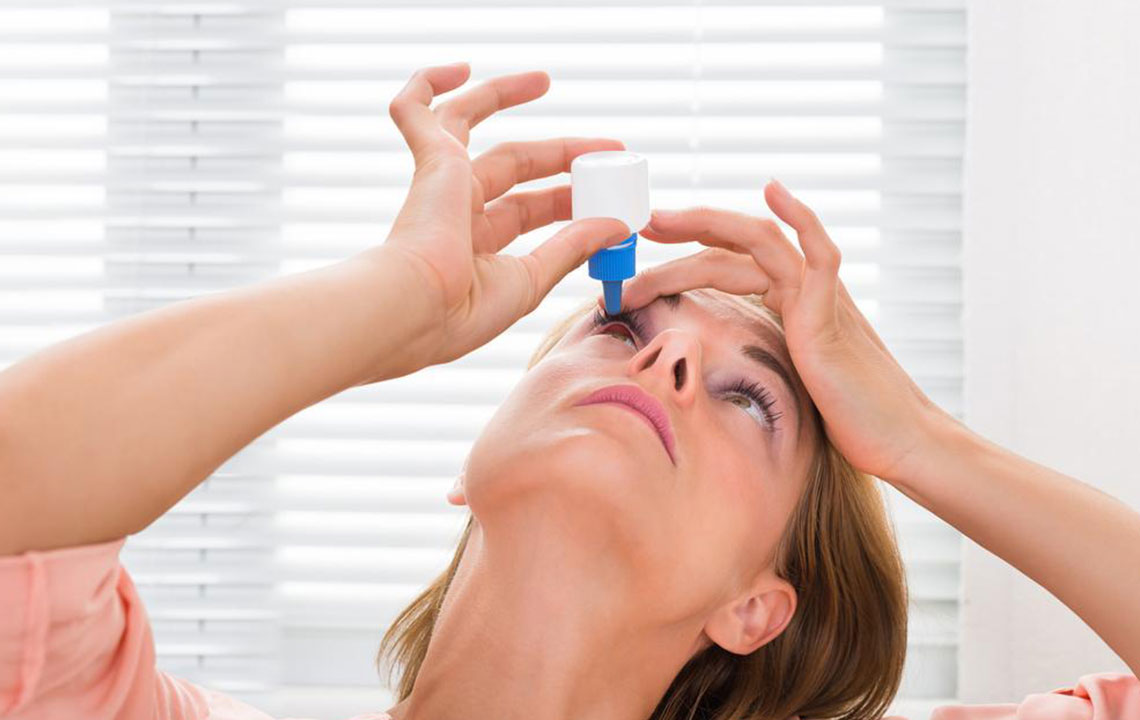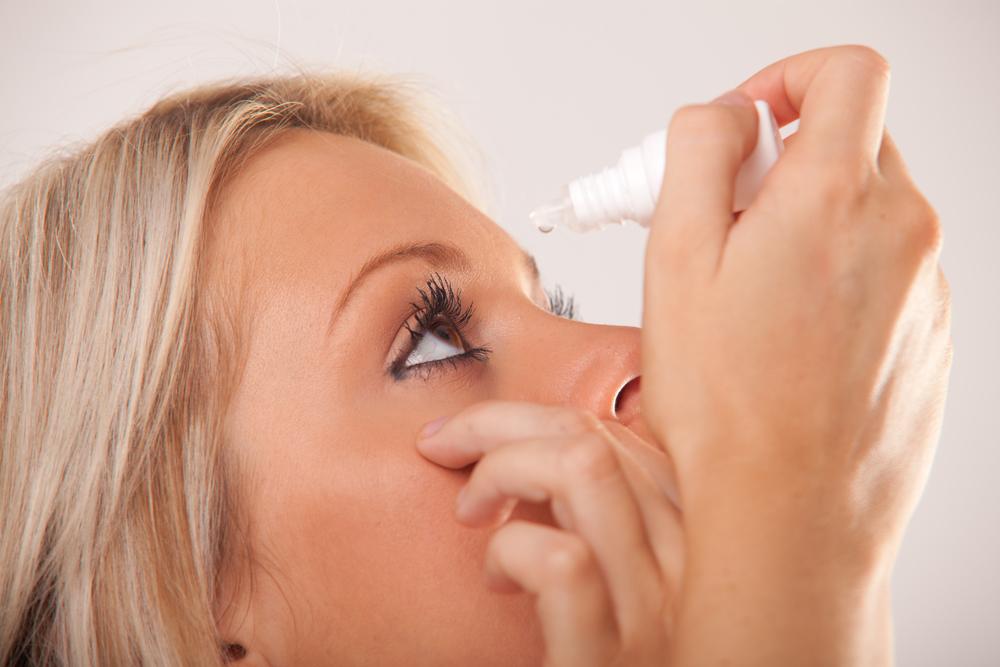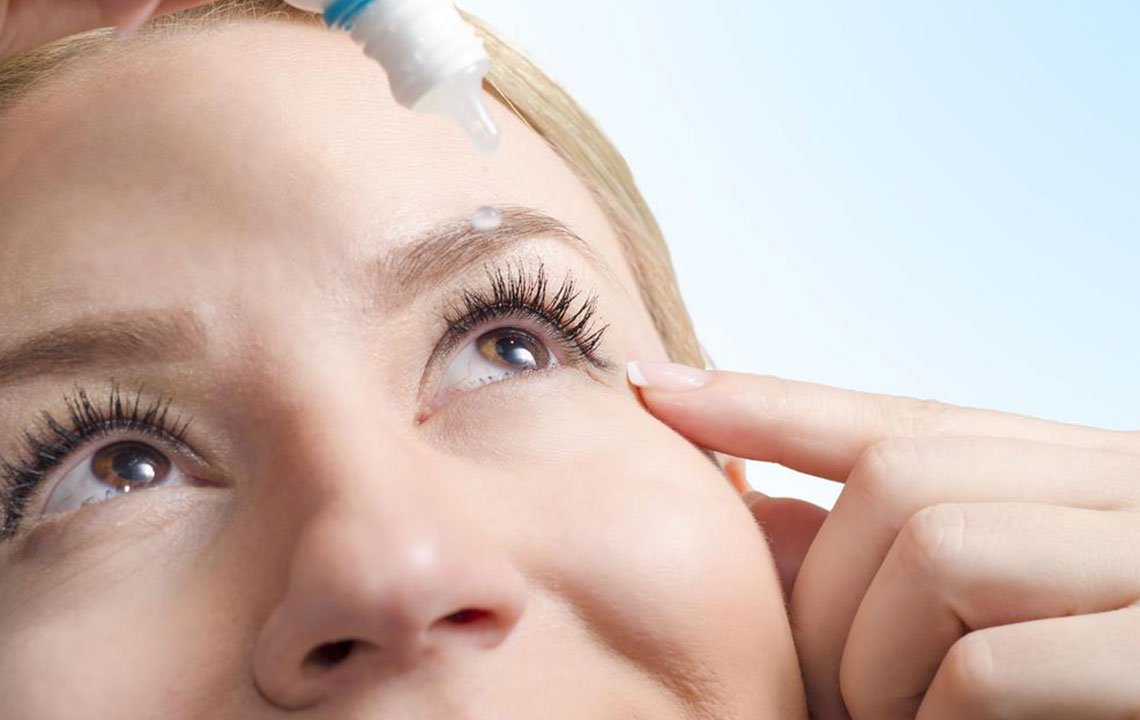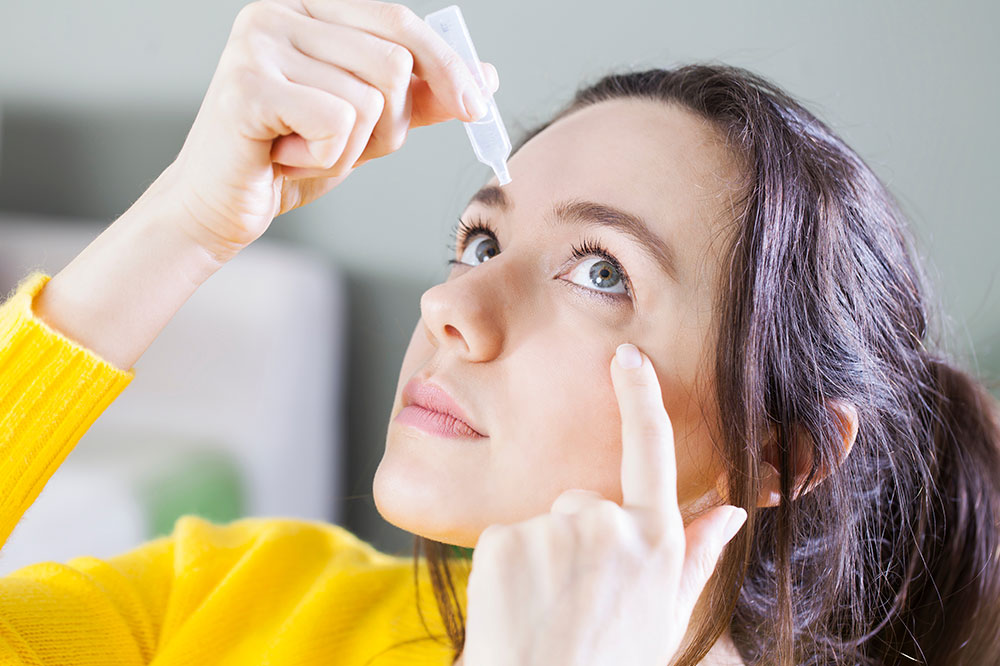Comprehensive Guide to Managing Dry Eye Syndrome
Dry eye syndrome is a common condition caused by tear film imbalance, leading to discomfort and potential vision issues. Early treatment with eye drops, lifestyle changes, and medical intervention can prevent complications. Understanding causes and symptoms helps in managing this condition effectively.
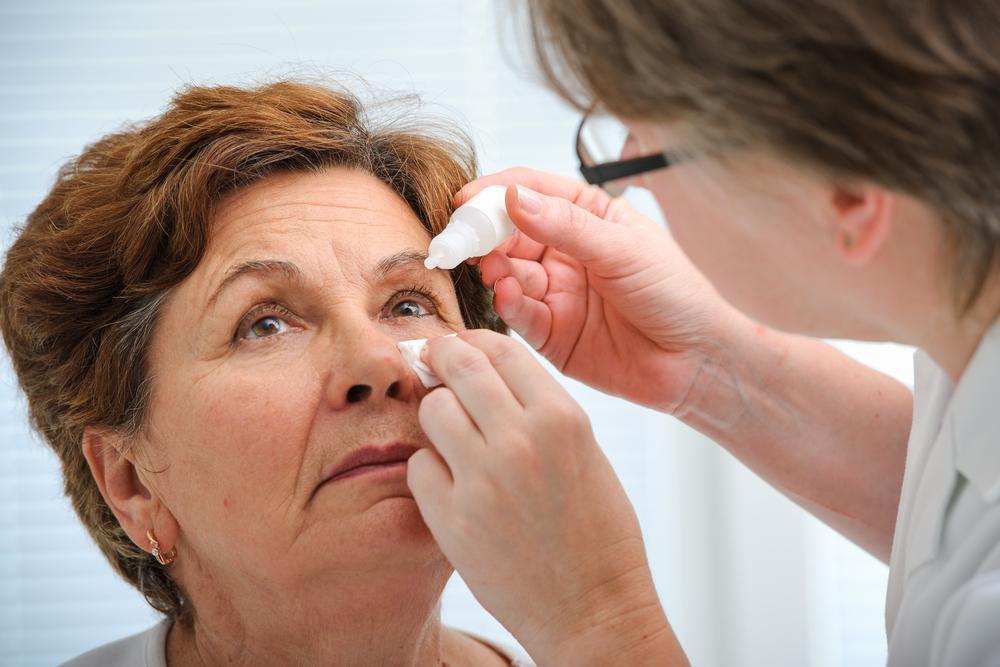
Dry eye syndrome is a widespread ocular condition often encountered by eye health professionals. It arises when the tear film lacks sufficient oil, water, antibodies, or mucus, disrupting tear stability. Medical terms such as Keratitis Sicca, Keratoconjunctivitis Sicca, and Dysfunctional Tear Syndrome describe specific manifestations like corneal inflammation, conjunctival dryness, or deficient tear production. Risk factors include aging, hormonal shifts during menopause or pregnancy, and use of contraceptives. Early intervention is crucial to prevent complications such as infections, vision impairment, or corneal injuries, which can also impact daily activities like reading, driving, or screen time.
Common causes include prolonged digital device use, which reduces blinking and accelerates tear evaporation. Environmental factors like low humidity, high altitudes, windy, or hot weather, as well as smoking and certain medications (e.g., antihistamines, antidepressants, contraceptives), contribute to dryness. Medical conditions such as autoimmune diseases, vitamins deficiencies, or post-surgical damage can also cause dry eyes. Symptoms range from itchiness, burning, redness, blurred vision, to eyelid heaviness. If untreated, symptoms may lead to permanent eye damage.
Treatment options include lubricant eye drops, warm eyelid compresses, and lifestyle adjustments—wearing sunglasses, avoiding dry environments, and maintaining humidity with humidifiers. Proper blinking exercises and nutritional supplements rich in omega-3 and vitamin A can aid recovery. Severe cases might require medical procedures or surgery. Consulting an eye specialist ensures appropriate diagnosis and treatment to preserve eye health.

